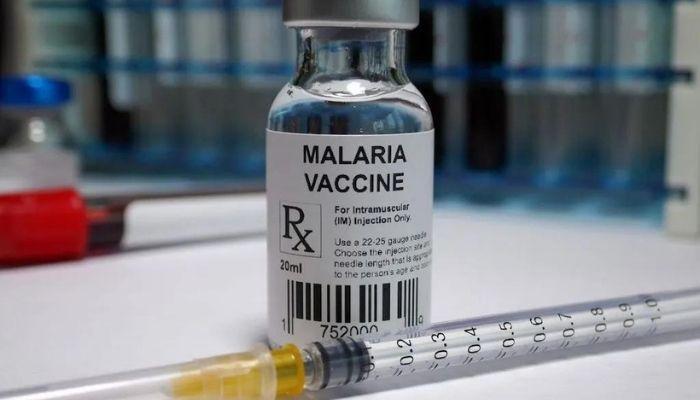Nigeria has begun rolling out a malaria vaccination program aimed at combating the world’s highest burden of the mosquito-borne disease, which claimed around 200,000 lives last year.
The vaccination targets young children, with the first dose given at five months of age.
One of the first areas to implement the program is Bayelsa, a southern state with one of the highest malaria rates in the country.
Rebecca Godspower brought her six-month-old baby to a local clinic for the vaccine after having treated him twice for malaria.
“Now that there’s a vaccine for malaria, at least I’m happy, I am glad that stress won’t be there again,” Godspower said.
Another mother, Esther Michael, also brought her child to the clinic, expressing relief over the new vaccine.
“I’m happy to bring my child to the health center to take a vaccine because we hear that malaria is killing other children,” Michael said.
Malaria remains a significant threat in Nigeria, with infants, young children, pregnant women, and people with HIV or AIDS at particularly high risk of severe infection.
Professor Seiyefa Brisibe, Bayelsa State Commissioner for Health, said malaria is responsible for about 30% of deaths in children under five in the region and contributes to lost productivity among adults.
“It also accounts for a good number of reasons why adults, both mothers and fathers, stay out of a job,” Brisibe said.
Despite the positive reception in Bayelsa, Brisibe acknowledged challenges, including misconceptions and misinformation about vaccines, such as claims that they cause infertility.
“Religious leaders and some religious groups do not believe people need to take the vaccine, and that message spreads within society,” Brisibe said.

